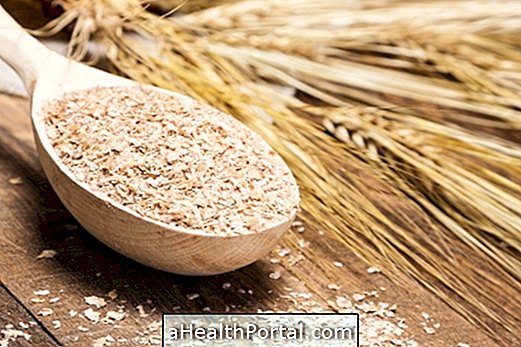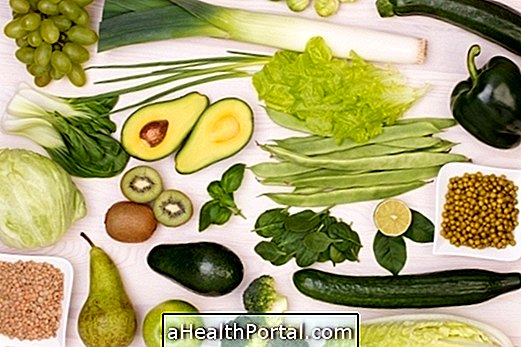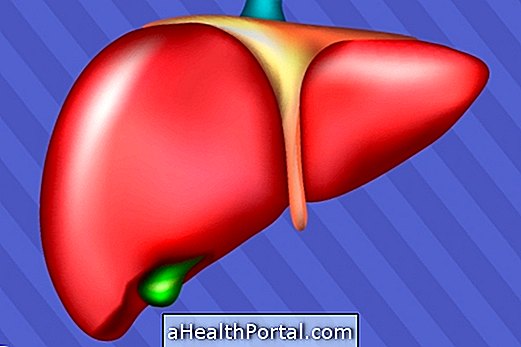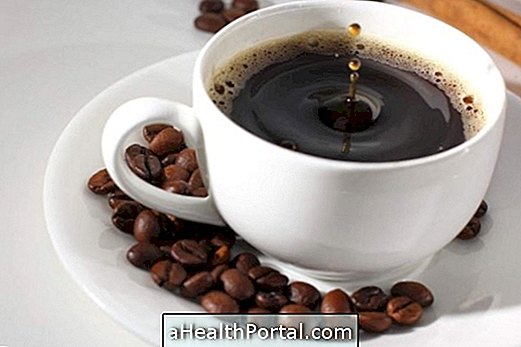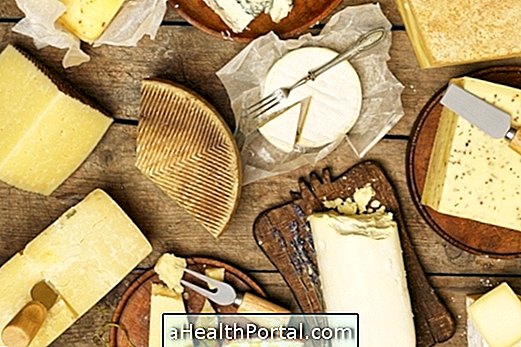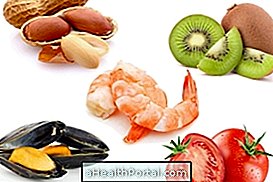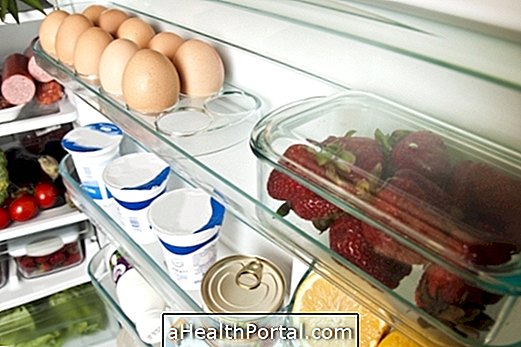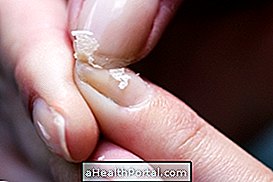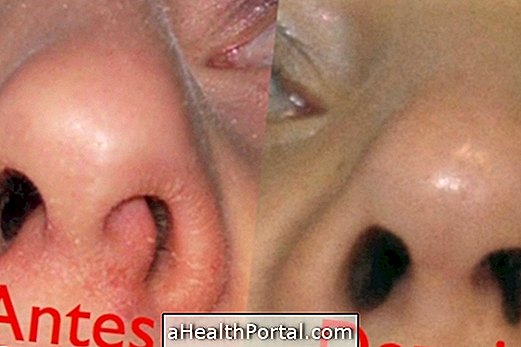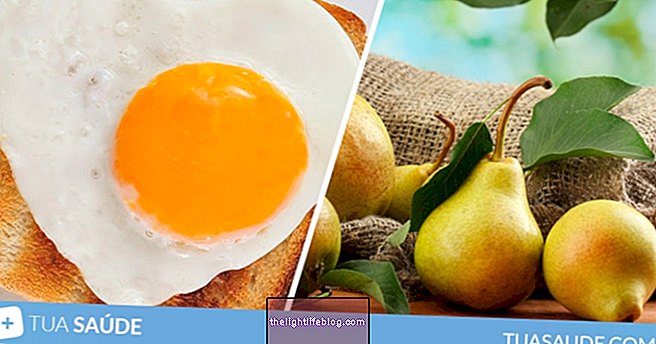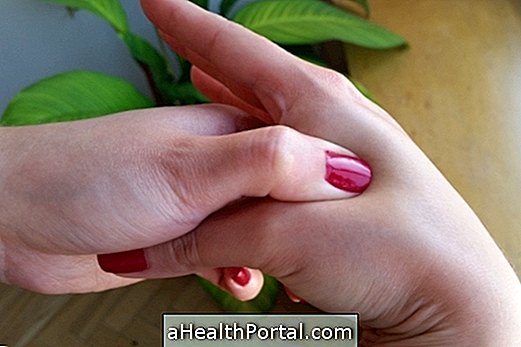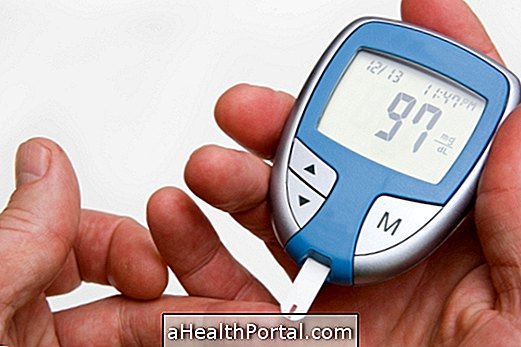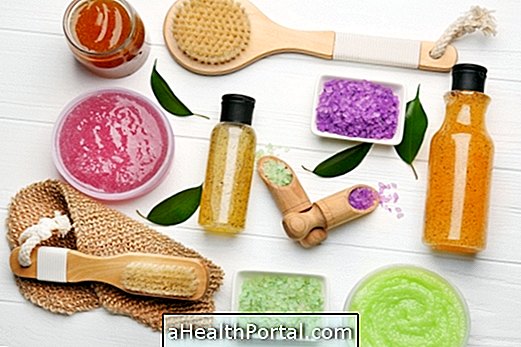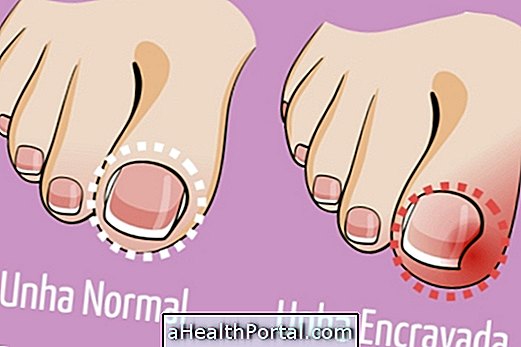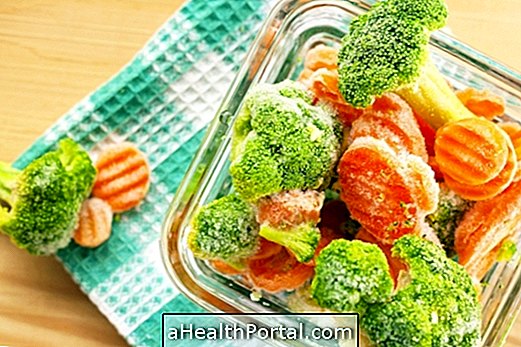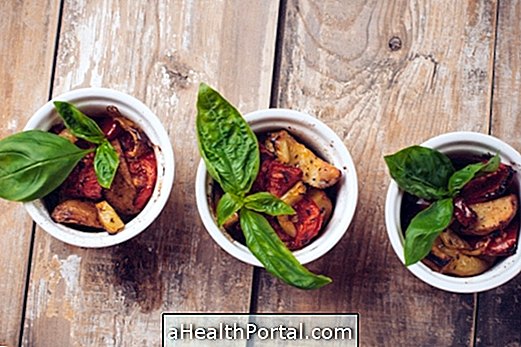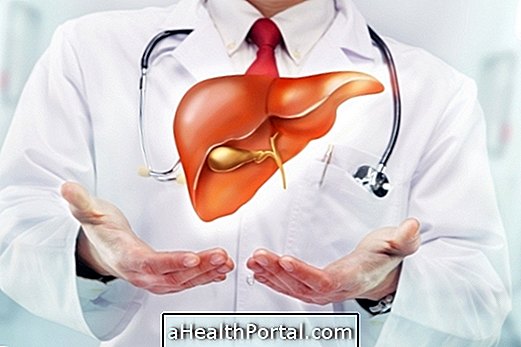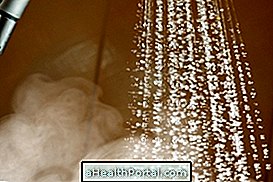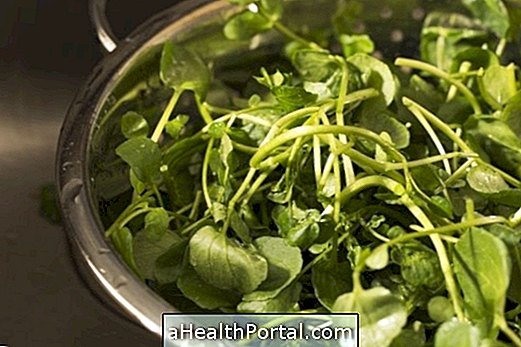Strawberry, paprika, cucumber, tomato, lettuce, carrot, pineapple, beetroot and papaya are the foods that have the highest amount of pesticides, substances harmful to health because they increase the risk of serious diseases such as cancer, kidney and liver problems, for example.
The more water and less fiber the food has, the greater its concentration of pesticides and other substances that can also be caused by fertilizers, which penetrate not only the bark but all food. Even if the bark is removed, the chemicals that have penetrated the food can not be removed and accumulate in the human body over the years causing health damage.
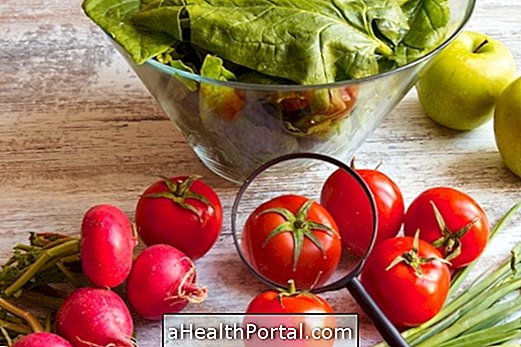
Effects of pesticides on health
Pesticides are toxic substances that fight pests that can affect crops but their use can cause:
- Acute intoxication when there is excessive exposure: it can happen for example in farmers who do not protect themselves enough at the time of their application, or
- Late intoxication due to regular consumption over the years: it can happen when you eat foods full of pesticides like those found in supermarkets.
Late intoxication may take years to manifest, but the changes that may occur are severe and sometimes irreversible. Transgenic foods may contain even more pesticides, know what they are.
How to remove pesticides from food
It is not always possible to take agrochemicals out of food, so the best way to protect yourself and avoid ingesting pesticides is to choose organic food, which is also known as organic food because it contains no pesticides, but if this is not possible you can:
- Rest the food before eating, which is not always possible and also not very good because most of the vitamins are in the bark;
- Wash thoroughly all fruits, vegetables, greens and vegetables before use with soap and water
- Create your own plantation at home, on the ground or in pots of plants, for example, choosing to use only natural products to avoid possible pests.
Check out: 3 Reasons to Buy Organic Foods
How to Plant Tomatoes and Lettuce at Home

Buy a seedling of tomato or put the seeds in a cup of coffee with moist soil until it starts to germinate and then plant in the pot you want, watering daily and always leave in the sun, because the tomato needs a lot of sun to grow and bear fruit.
Place the seeds of the lettuce or a seedling of lettuce in the garden and place in a plant pot or in a pet bottle cut horizontally watering daily. Like tomatoes, lettuce also needs sunshine for at least 5 hours a day.
Signs and symptoms of contamination
The following table indicates some signs and symptoms that may indicate acute intoxication caused by pesticides, which especially affect farmers because they come in contact with a larger quantity of the product at once, and also the diseases that may be caused by late intoxication, which occurs through regular consumption of contaminated food.
| Signs of acute intoxication (farmers) | Diseases caused by late intoxication (population in general) |
Weakness Abdominal cramps Red eyes, conjunctivitis Sneezing Shaking Convulsions Asthma attack Nose and throat irritation Dizziness Vomiting Muscle tremors Headache Loss of appetite | Lung cancer Thyroid cancer Testicular cancer Breast cancer Prostate cancer Infertility Mental ilnesess Liver changes Kidney changes Thyroid changes Cardiac arrhythmias Parkinson's disease Pulmonary fibrosis Respiratory Allergies Increased baby malformation |
It is possible to know if the cause of the symptoms or the illness installed is caused by pesticides through specific blood tests, which are difficult to perform because most laboratories do not have it and also because it has a high financial cost.
However, the doctor may suspect that the disease is related to pesticides when acute symptoms appear in farmers or when the person informs the doctor about their lifestyle, for example.
